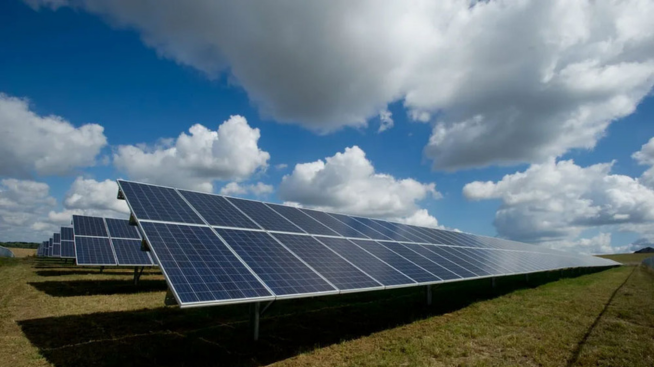
Understanding Polycrystalline Solar Panels: A Comprehensive Guide
A polycrystalline solar panel is made up of several photovoltaic cells, each of which contains silicon crystals that serve as semiconductors. These types of solar cells are exposed to sunlight, which causes the silicon to absorb its energy and release electrons.
READ MORE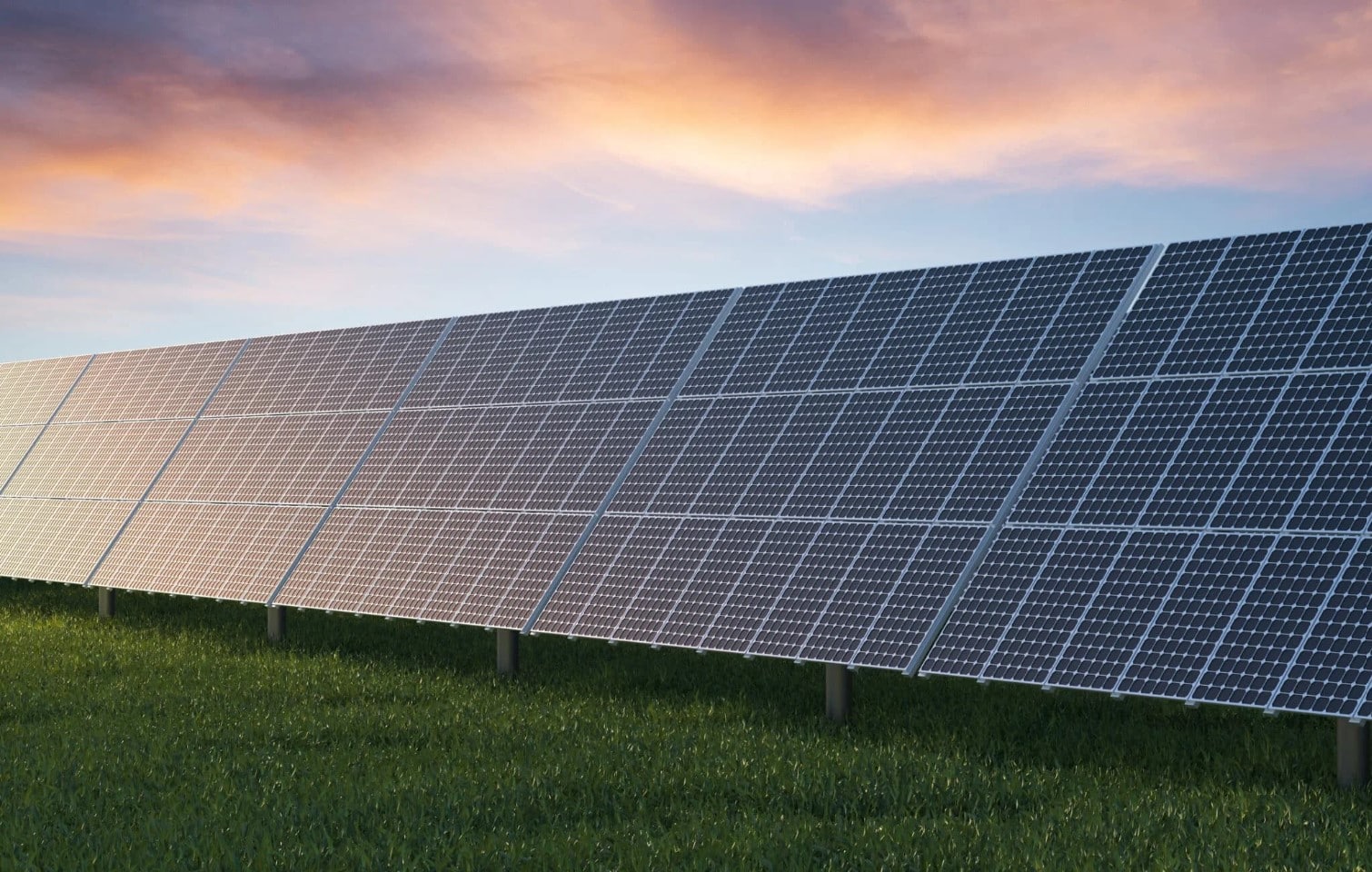
Monocrystalline solar panels: why use them?
Monocrystalline solar panels, however, offer several benefits that make them a popular choice. They are energy efficient, long-lasting, conserve space, produce more electricity, are easy to install and come with an iron-clad warranty.
READ MORE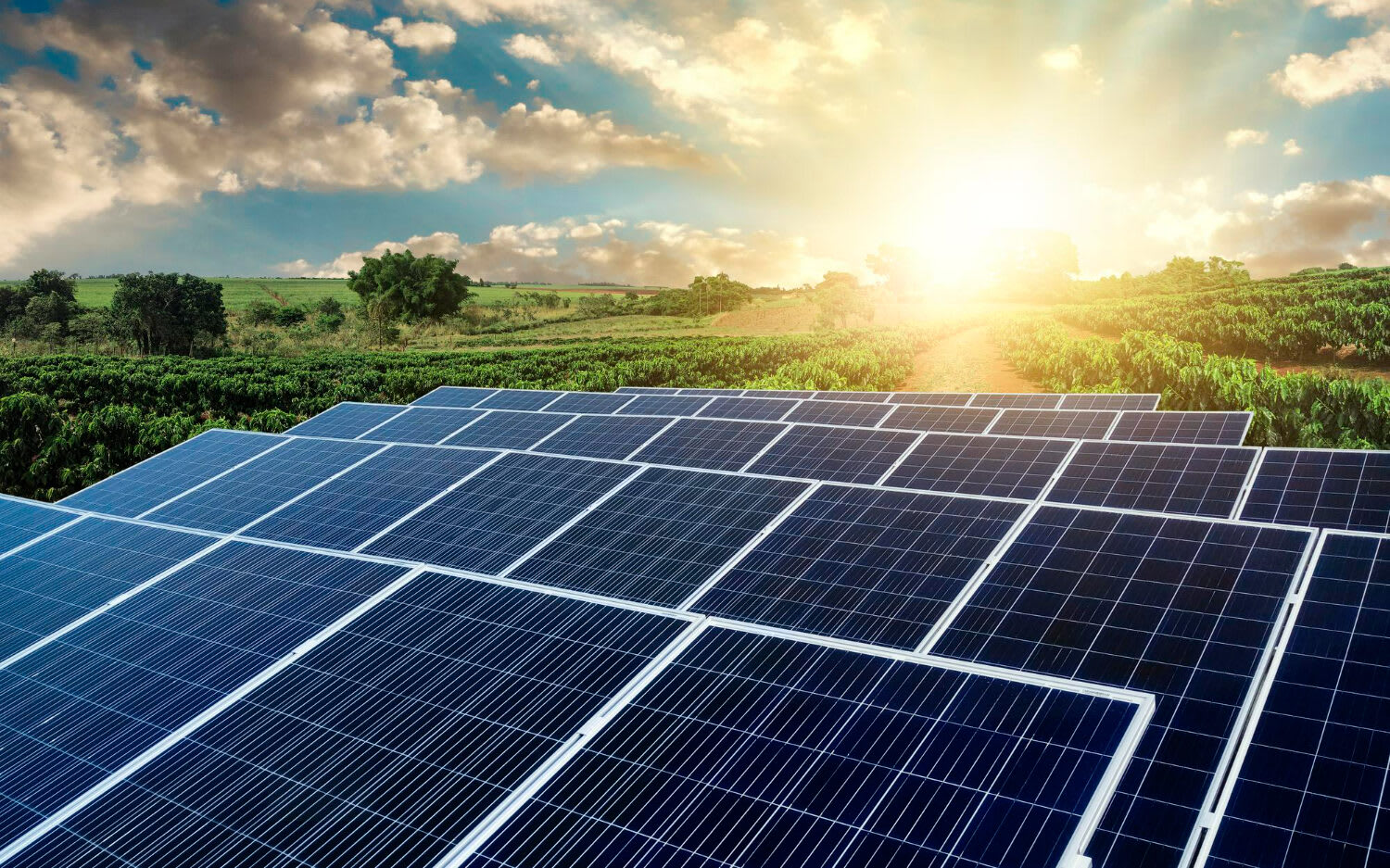
The Comprehensive Guide to Polycrystalline Solar Panels: Characteristics, Operation, and Uses
A polycrystalline solar panel is made up of several photovoltaic cells, each of which contains silicon crystals that serve as semiconductors. These types of solar cells are exposed to sunlight, which causes the silicon to absorb its energy and release electrons.
READ MORE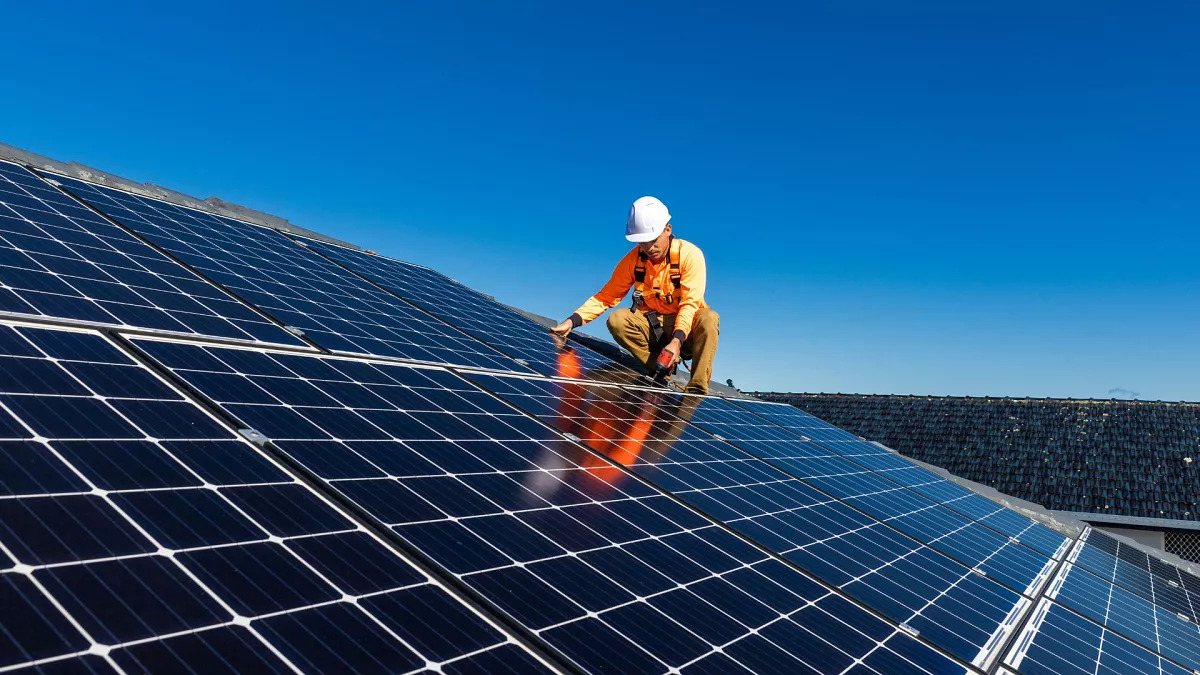
How Long Do Monocrystalline Solar Panels Last?
Key takeaways. Solar panels generally last for 25 to 30 years. Solar panels slowly degrade, resulting in less and less electricity production over time. Solar panels can produce power after 25 to 30 years but at a significantly lower rate than their original output.
READ MORE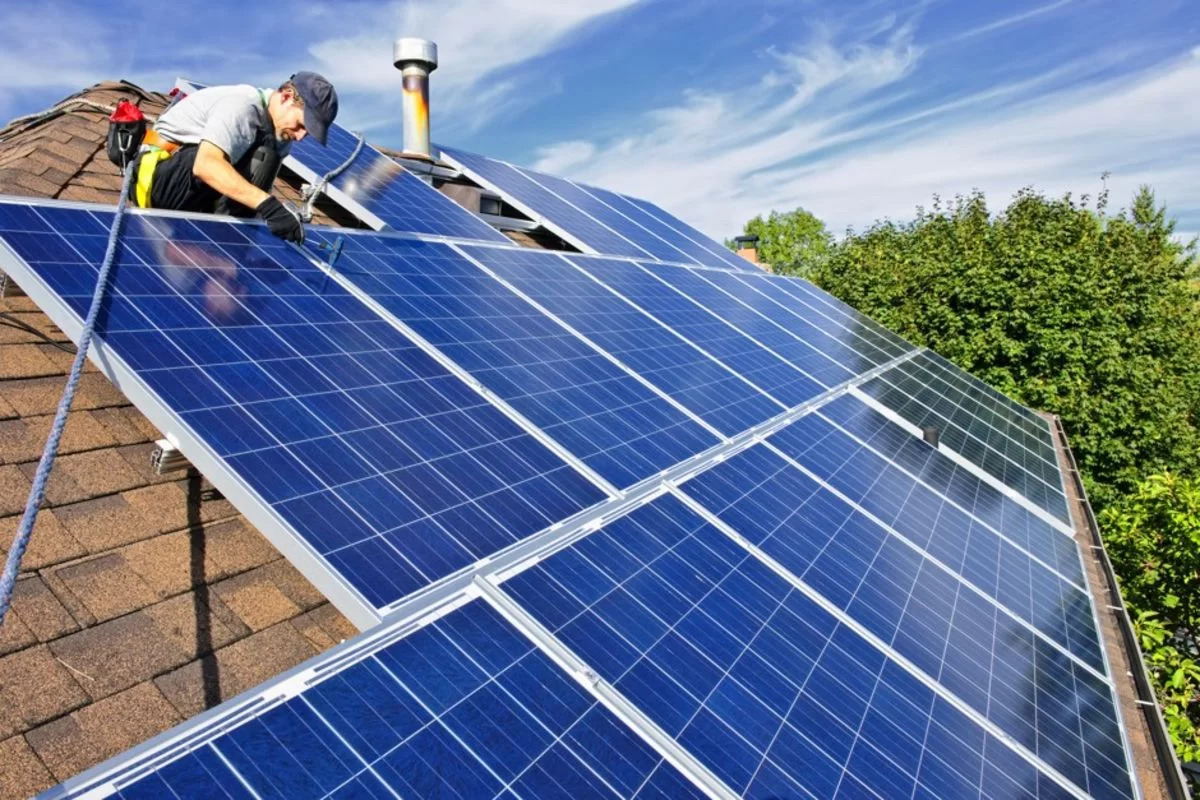
What are the benefits and limitations of polycrystalline solar panels?
Polycrystalline solar panels offer a cost-effective and environmentally friendly solution for harnessing solar energy. While they may not be as efficient as monocrystalline panels and require more space, they still offer a decent energy yield and are continually improving thanks to technological advancements.
READ MORE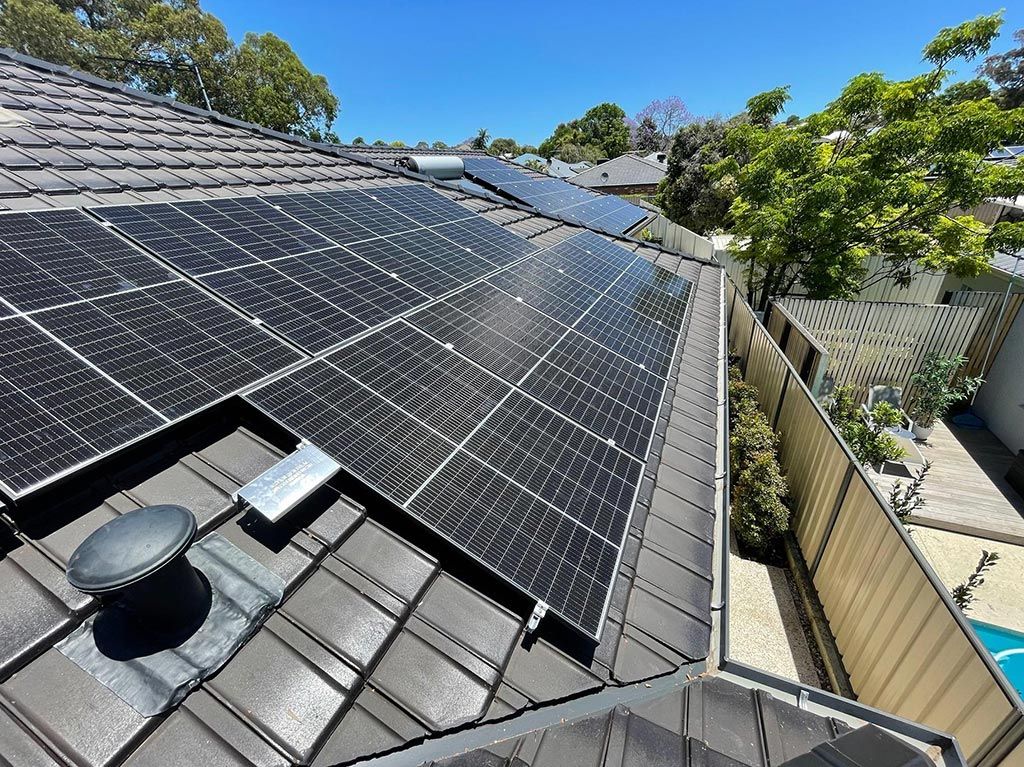
Monocrystalline Solar Panel Efficiency: What to Expect
How much sunlight solar panels can turn into electricity. Because conditions for solar panels are never perfect, they will never be 100% efficient. In fact, most residential panels have an efficiency of around 20%. Panels with 40% to 50% efficiency are available, but tend to be prohibitively expensive.
READ MORE
Polycrystalline solar panels: what you need to know
A polycrystalline solar panel is made up of several photovoltaic cells, each of which contains silicon crystals that serve as semiconductors. These types of solar cells are exposed to sunlight, which causes the silicon to absorb its energy and release electrons.
READ MORE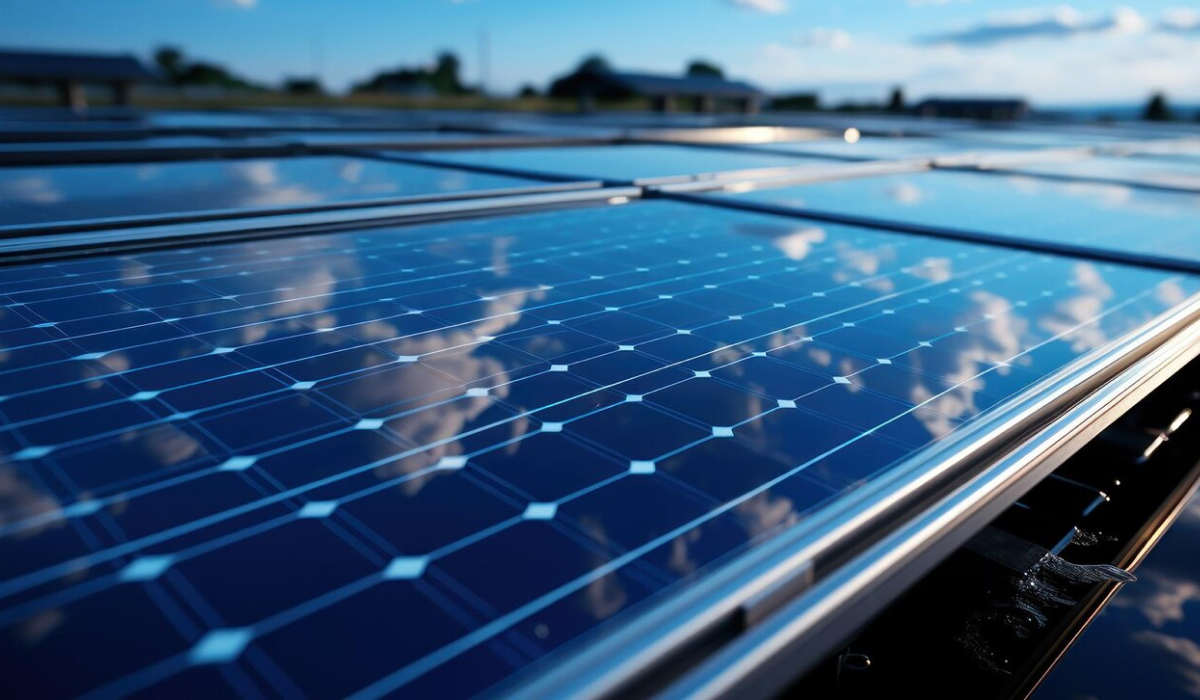
Why Monocrystalline Solar Panels Are the Perfect Choice
Monocrystalline panels are generally better due to higher efficiency, space efficiency, sleek appearance, and better performance in low light. However, polycrystalline panels offer cost-effectiveness and reasonable efficiency, making the choice depend on specific needs and budget considerations.
READ MORE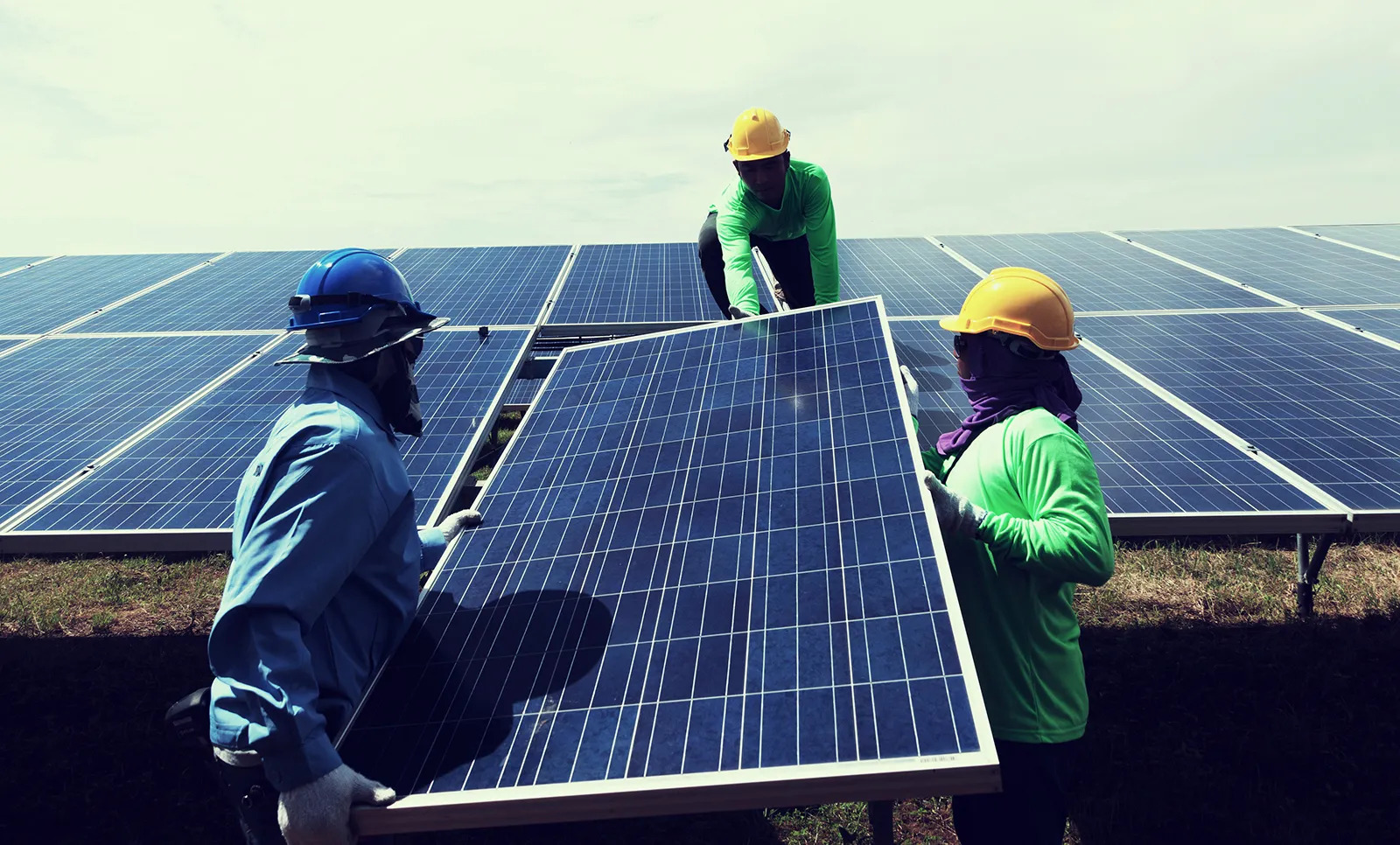
PolyCrystalline Solar Panels: Inexpensive yet efficient solar panels
Monocrystalline panels typically have the highest efficiency and power capacity. They can reach efficiencies of over 22% and provide over 300 watts (W) of power capacity. Many even exceed 400 W. Polycrystalline solar panels, on the other hand, rarely exceed 17% efficiency and tend to have lower wattages.
READ MORE